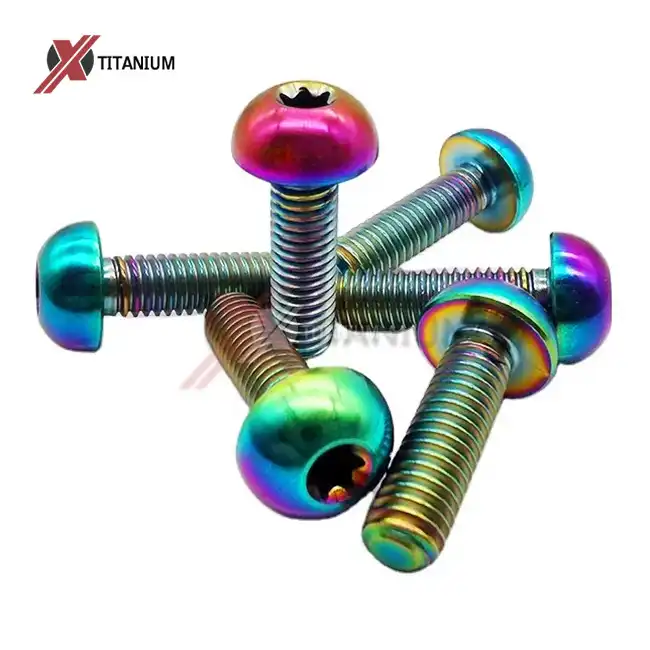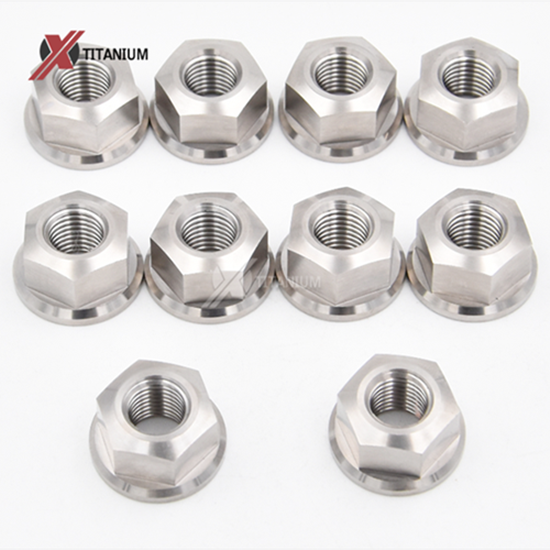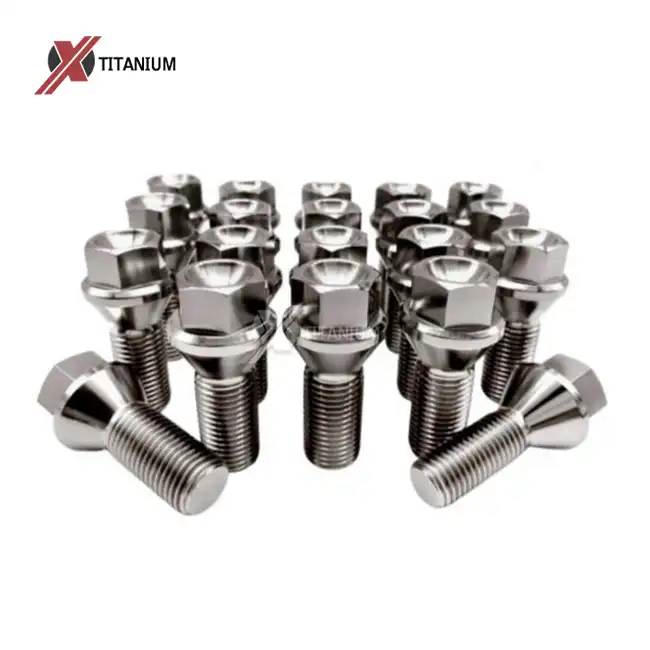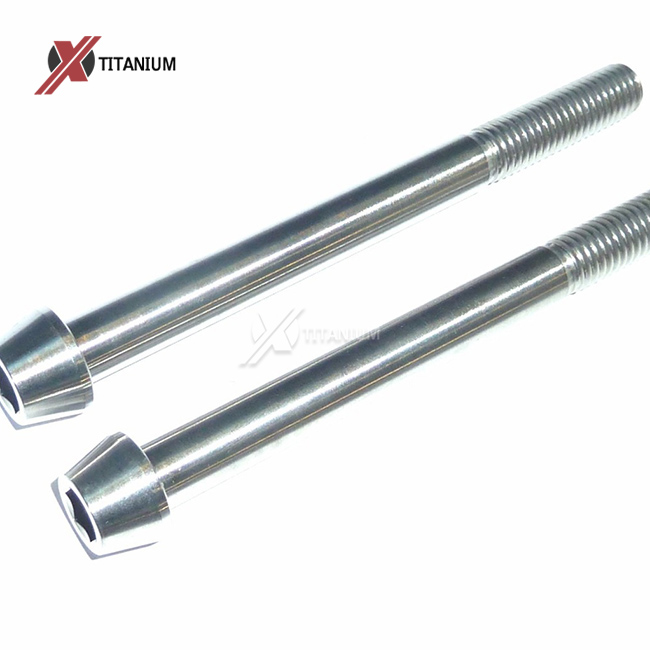- English
- French
- German
- Portuguese
- Spanish
- Russian
- Japanese
- Korean
- Arabic
- Greek
- German
- Turkish
- Italian
- Danish
- Romanian
- Indonesian
- Czech
- Afrikaans
- Swedish
- Polish
- Basque
- Catalan
- Esperanto
- Hindi
- Lao
- Albanian
- Amharic
- Armenian
- Azerbaijani
- Belarusian
- Bengali
- Bosnian
- Bulgarian
- Cebuano
- Chichewa
- Corsican
- Croatian
- Dutch
- Estonian
- Filipino
- Finnish
- Frisian
- Galician
- Georgian
- Gujarati
- Haitian
- Hausa
- Hawaiian
- Hebrew
- Hmong
- Hungarian
- Icelandic
- Igbo
- Javanese
- Kannada
- Kazakh
- Khmer
- Kurdish
- Kyrgyz
- Latin
- Latvian
- Lithuanian
- Luxembou..
- Macedonian
- Malagasy
- Malay
- Malayalam
- Maltese
- Maori
- Marathi
- Mongolian
- Burmese
- Nepali
- Norwegian
- Pashto
- Persian
- Punjabi
- Serbian
- Sesotho
- Sinhala
- Slovak
- Slovenian
- Somali
- Samoan
- Scots Gaelic
- Shona
- Sindhi
- Sundanese
- Swahili
- Tajik
- Tamil
- Telugu
- Thai
- Ukrainian
- Urdu
- Uzbek
- Vietnamese
- Welsh
- Xhosa
- Yiddish
- Yoruba
- Zulu
Why Are Titanium Double End Stud Bolts Preferred in High-Performance Applications?
In the world of industrial fasteners, Titanium Double End Stud Bolts have carved a distinct niche for themselves. These unique components are designed with threads on both ends and a plain shank in between, allowing for superior alignment and flexibility when joining two parts. But what truly sets them apart from their steel or alloy counterparts is their material composition—pure or alloyed titanium.
Unlike traditional stud bolts made from carbon steel or stainless steel, titanium offers a rare combination of exceptional mechanical properties: high strength-to-weight ratio, remarkable corrosion resistance, and excellent thermal and chemical stability. These characteristics make titanium double end stud bolts highly desirable in demanding environments like aerospace, offshore oil drilling, chemical processing, and motorsports.
Another key advantage is their ability to resist galling—a common issue with stainless steel fasteners under heavy load or during repeated assembly. Thanks to titanium’s self-lubricating oxide layer and low modulus of elasticity, these bolts ensure tight, durable fastening without the need for frequent replacement or excessive torque application.
When comparing with regular bolts, titanium double end stud bolts show reduced fatigue failure risk, especially under dynamic load conditions. Engineers designing mission-critical structures often select them to ensure reliability over long service intervals, which ultimately leads to reduced downtime and lower lifetime costs.
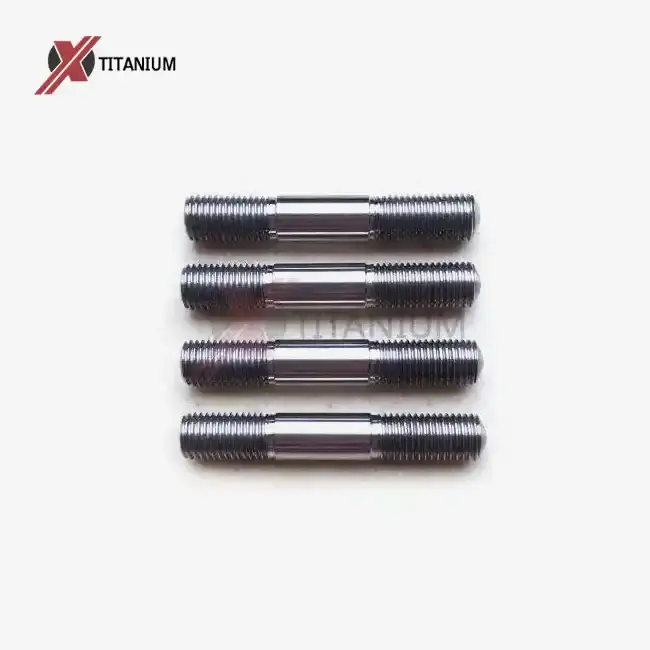
Why Is Titanium the Ideal Material for Double End Stud Bolts in Corrosive Environments?
Corrosion remains one of the primary challenges in industrial bolting systems. Whether submerged in seawater, exposed to aggressive chemicals, or subjected to high humidity, standard materials degrade quickly. This is where titanium truly outshines alternatives.
Titanium, particularly grades like Grade 2 (commercially pure titanium) and Grade 5 (Ti-6Al-4V), offers unparalleled corrosion resistance in a wide range of environments. For example, in offshore oil platforms or marine structures, titanium double end stud bolts can withstand constant exposure to saltwater without pitting or crevice corrosion. Similarly, in chemical processing plants, where acidic or chlorinated substances are common, titanium resists corrosion far better than stainless steel or duplex alloys.
Moreover, the oxide layer formed on titanium surfaces—a naturally occurring film of titanium dioxide (TiO₂)—acts as a passive barrier, healing itself when scratched or damaged. This auto-passivation is key to its longevity and performance in hostile conditions. Over time, this property significantly reduces the need for frequent inspections and replacements, helping industries achieve operational continuity with minimal maintenance.
It is no surprise then that industries such as nuclear energy, pharmaceutical production, and desalination systems increasingly rely on titanium double end stud bolts to ensure their fasteners are as resilient as the systems they support.
How Do You Choose the Right Titanium Grade for Double End Stud Bolt Applications?
Titanium double end stud bolts are not one-size-fits-all; selecting the right grade is essential to match the demands of the intended application. The most commonly used grades for these fasteners are:
-
Grade 2 (CP Titanium): Best for general industrial applications where corrosion resistance and moderate strength are needed. It's ductile, weldable, and cost-effective.
-
Grade 5 (Ti-6Al-4V): The most commonly used titanium alloy, offering a superior combination of strength, lightness, and corrosion resistance. Ideal for aerospace, motorsport, and high-performance automotive sectors.
-
Grade 7: Contains a small amount of palladium, making it more resistant to reducing acids like hydrochloric acid. Frequently used in chemical processing.
-
Grade 23 (Ti-6Al-4V ELI): The “extra low interstitial” version of Grade 5, ideal for medical implants and food-grade applications due to its increased purity.
Several factors must be evaluated before choosing a titanium grade:
-
Mechanical Load Requirements – Will the bolt need to withstand tension, vibration, or impact loads?
-
Environmental Conditions – Is it exposed to seawater, acid, high humidity, or temperature fluctuations?
-
Certifications and Standards – Certain industries, like aerospace or pharmaceuticals, may require certifications like ASTM F467 or ISO 5832-3.
-
Thread Standards – Depending on regional or application needs, threading types (UNC, UNF, metric) and tolerances must align with system components.
-
Cost-to-Benefit Ratio – While titanium fasteners come at a premium, the lifecycle savings through maintenance reduction and performance improvement often outweigh the upfront cost.
Working with a trusted supplier who provides complete traceability, mill test reports (MTRs), and custom machining options is essential to ensure your titanium stud bolts meet the specific performance and regulatory standards.
How Do Titanium Double End Stud Bolts Perform in High-Temperature or Aerospace Conditions?
The aerospace industry, with its extreme environments and mission-critical standards, is one of the strongest advocates for titanium fasteners. Titanium double end stud bolts, in particular, are extensively used in jet engines, turbine assemblies, airframes, and satellite systems. But why?
Primarily, it boils down to titanium's outstanding strength-to-weight ratio. In aerospace engineering, every gram counts, and titanium offers high tensile strength comparable to steel at less than 60% of the weight. This advantage improves fuel efficiency and reduces structural load without compromising performance.
Additionally, titanium maintains its mechanical properties at elevated temperatures—typically up to 600°C (1112°F) for Grade 5. This makes it suitable for hot zones within engine compartments or near exhausts where traditional bolts would suffer thermal degradation or creep deformation.
Titanium’s non-magnetic nature and resistance to electromagnetic interference (EMI) also enhance its desirability in aerospace avionics and instrumentation systems, where electrical neutrality is critical.
Even in the space sector, titanium double end stud bolts are favored for their radiation resistance and dimensional stability in vacuum environments. Components assembled with titanium fasteners are more likely to endure launch stress, vibration fatigue, and drastic temperature shifts without failure.
The same principles apply to other high-heat applications such as:
-
Racing cars and motorcycles
-
Turbo systems and manifolds
-
High-temperature exhausts in power generation
In all these scenarios, titanium double end stud bolts outperform conventional fasteners by maintaining joint integrity, resisting oxidation, and minimizing creep.
Conclusion
Titanium double end stud bolts are far more than just high-grade fasteners—they are engineering solutions designed for performance, longevity, and adaptability. From deep-sea oil rigs to spacecraft, from racing bikes to chemical reactors, they continue to prove their worth by offering unmatched resistance to corrosion, excellent strength-to-weight ratios, and reliable performance in high-stress environments.
With growing technological demands and increasing emphasis on sustainability and efficiency, industries across the board are looking to titanium fasteners to replace conventional steel options. Choosing the right titanium grade, understanding its application benefits, and partnering with a knowledgeable supplier can make all the difference in maximizing both safety and cost-effectiveness.
If you're seeking dependable, high-performance fasteners, titanium double end stud bolts are not just an option—they're the future.
References
-
Smith, J.R. (2021). "Advanced Materials in Aerospace: The Role of Pure Titanium". Journal of Aerospace Engineering, 45(3), 234-248.
-
Johnson, A.M. & Williams, P.K. (2020). "Biocompatibility of Titanium in Medical Implants: A Comprehensive Review". Biomaterials Science, 8(12), 3301-3320.
-
Chen, Y., et al. (2019). "Corrosion Behavior of Pure Titanium in Marine Environments". Corrosion Science, 152, 120-133.
-
Patel, R.N. & Thompson, L.E. (2022). "Manufacturing Processes for High-Quality Titanium Plates". Advanced Materials Processing, 180(5), 45-58.
-
Garcia, M.S., et al. (2023). "Applications of Pure Titanium in Sustainable Architecture". Architectural Engineering and Design Management, 19(2), 178-195.
Let me know if you'd like this content turned into a downloadable PDF or adapted into a product landing page format!
Learn about our latest products and discounts through SMS or email
